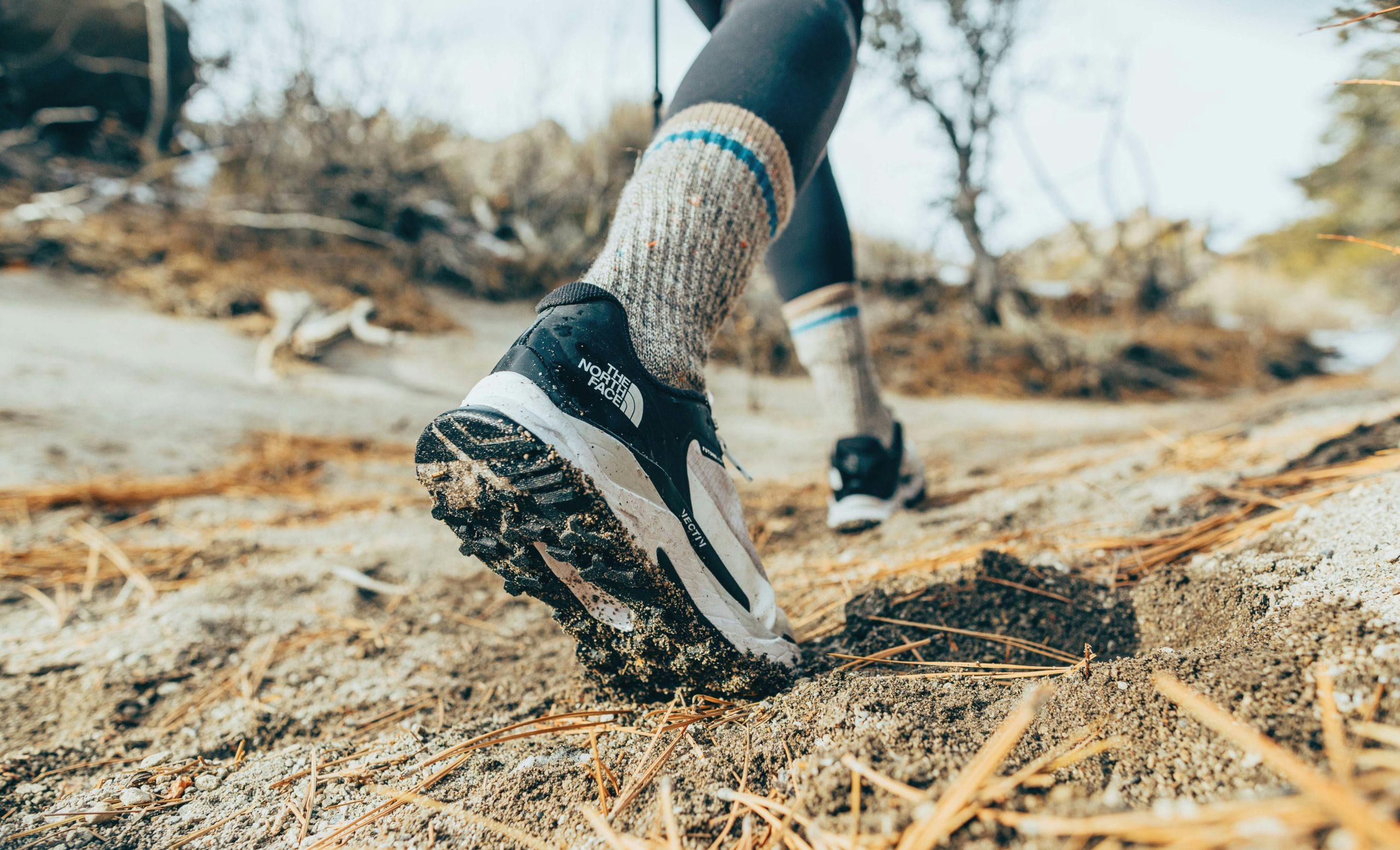Joining the Walk1200km challenge is a great way to introduce a stroll, hike, meander or perambulation into your everyday routine, and you’ll be amazed at the number of benefits you’ll experience, including making your tramping trips more enjoyable.
Let’s take a tour of your body to see what you can expect.
1. Heart
When walking, blood flows faster through your arteries, delivering more oxygen to muscles, which, in turn, helps arteries retain elasticity. Regular walking reduces the build-up of fatty plaque on an artery’s inner walls that can lead to a heart attack or stroke. With less plaque and flexible arteries, your resting heart rate will decrease because your heart can pump blood through the body without restriction.
2. Joints
Moving your joints prevents stiffness, weakness and decline. Walking is low-impact and less harmful than running.
3. Bones
From your mid-thirties, bones and muscles are more quickly broken down than built up. Walking can turn the tide on this process and prevent osteoporosis and sarcopenia (muscle loss). Walking is a weight-bearing activity: you’re on your feet and muscles and bones are working against gravity. This activates cells that repair and build muscle and bone.
Muscular strength in legs and body core helps you stay upright and avoid falls.
4. Back
Walking helps build back muscles and improve posture.
5. Blood pressure
Walking helps reduce pressure on the veins and arteries over time, and lowers the risk of heart attack or stroke.
6. Blood sugar
Walking helps maintain or manage healthy levels of glucose in the blood.
7. Metabolism
Your jaunts will increase the rate at which your body converts food into energy, which may help with weight loss.
8. Lungs
More breathing = stronger lungs and more lung capacity, making you less susceptible to lung disease.
9. Feet
Better balance helps prevent falls and injuries and benefits other sporting activities.
10. Brain
Walking prompts the release of endorphins – those feel-good hormones that reduce the perception of pain. Increasing blood flow to the brain during walking also helps reduce anxiety and depression; it influences stress response, mood and motivation systems. Memory formation is prompted too, which is why walking reduces the risk of dementia.
11. Mind
Your creativity gets a jumpstart with a change of scene and increased oxygen flow. Thirty minutes away from stressors can help untangle your thoughts and prevent side effects of elevated stress levels, such as insomnia.
12. White blood cells
These cells contain antibodies. Walking increases the number of cells flowing around your body, thus fighting off infections.
13. Nose
Walking can improve the body’s ability to respond to inhaled allergens, because the increased blood flow removes them from your system faster.
14. Intestines
The movement of walking helps the movement of food and nutrients through your entire system.
15. Butt and gut
All your muscle groups, not just your posterior, will become leaner and more toned the more you walk, helping to keep you slimmer. Too much body fat can lead to chronic inflammation and a raft of conditions, including Type 2 diabetes, hypertension and cancer. Glucose is produced from food which powers our cells, but if too much food has been eaten and blood is carrying an excess of glucose, it can be converted into fat.
Walking uses glucose and promotes its storage so it doesn’t end up as fat. And if you’re taking in fewer calories than you’re burning, you’ll lose fat as it’s converted into glucose for energy.
16. Skin
Increased blood flow to the skin helps hydrate it, reducing wrinkles. It also slows the shortening of telomeres – the ends of chromosomes that influence ageing.
17. Menopause
Walking may help reduce cramps associated with PMS, and menopause symptoms linked to oestrogen fluctuation.
18. Reproductive organs
Walking is great for your love life and fertility, giving you increased endorphins, energy and confidence.
19. Sleep
Walking increases the pressure to sleep that naturally builds throughout the day. Falling asleep should be easier and broken sleep should be reduced. A good night’s sleep gives your body time to restore and improve its function, it supercharges all the other benefits of walking.








